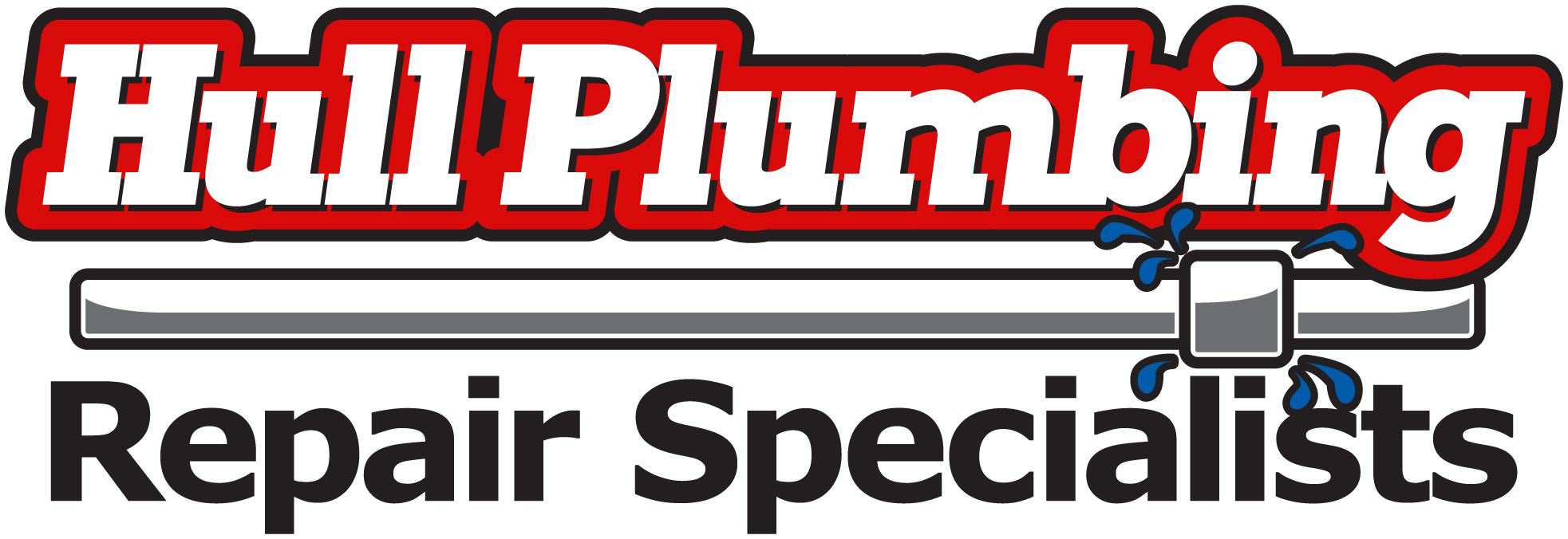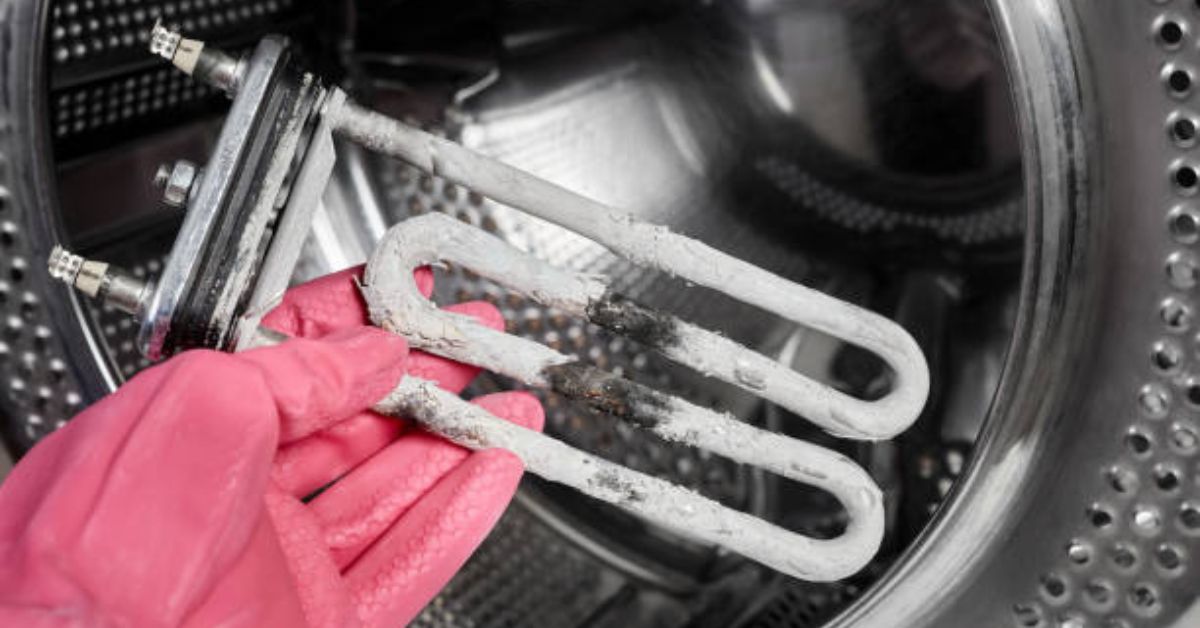Hard water is a common issue for many homeowners, but its effects can go beyond a minor inconvenience. The minerals found in hard water, primarily calcium and magnesium, can build up in your pipes and appliances over time. Understanding how hard water impacts your home can help you take proactive steps to protect your plumbing and save money on repairs.
What Is Hard Water?
Hard water contains higher-than-normal levels of dissolved minerals, mainly calcium and magnesium. While it’s generally safe to drink, these minerals can cause significant problems for your plumbing system and appliances. Over time, hard water can lead to mineral buildup, also known as scale, which can affect water flow and reduce the efficiency of your home systems.
Effects on Plumbing
Mineral buildup from hard water can accumulate inside pipes, restricting water flow and putting extra pressure on your plumbing system. This can result in:
Reduced water pressure in faucets and showers
Increased risk of clogged pipes and drains
Shortened lifespan of plumbing fixtures due to corrosion or scaling
Regular plumbing inspections and proactive maintenance can help detect and prevent damage caused by hard water.
Impact on Appliances
Hard water doesn’t just affect pipes—it can also damage appliances that use water, such as:
Water heaters: Scale buildup reduces heating efficiency, increasing energy costs.
Dishwashers: Mineral deposits can leave spots on dishes and strain the appliance.
Washing machines: Hard water can cause detergent to be less effective and lead to fabric wear.
Investing in solutions to manage hard water can extend the life of your appliances and improve performance.
Signs You Might Have Hard Water
Homeowners may notice several indicators of hard water, including:
White or chalky deposits on faucets and showerheads
Soap scum buildup on sinks, tubs, and showers
Spotting on dishes and glassware after washing
Decreased lather from soaps and detergents
If you see any of these signs, it may be time to evaluate your home’s water quality.
Solutions for Hard Water
There are several ways to address hard water in your home:
Water softeners: These systems remove excess minerals, protecting your plumbing and appliances.
Regular maintenance: Flushing appliances and descaling faucets can reduce buildup over time.
Professional inspections: A plumber can assess the severity of hard water and recommend the best solutions for your home.
Protect Your Home and Appliances
Hard water can silently damage your plumbing and appliances, leading to costly repairs and decreased efficiency. By addressing hard water issues early and implementing preventive solutions, you can protect your home and extend the life of your systems. For expert advice and professional plumbing services, contact Hull Plumbing, Inc. at (405) 246-9763. Our team is ready to help you maintain an efficient, long-lasting plumbing system.


